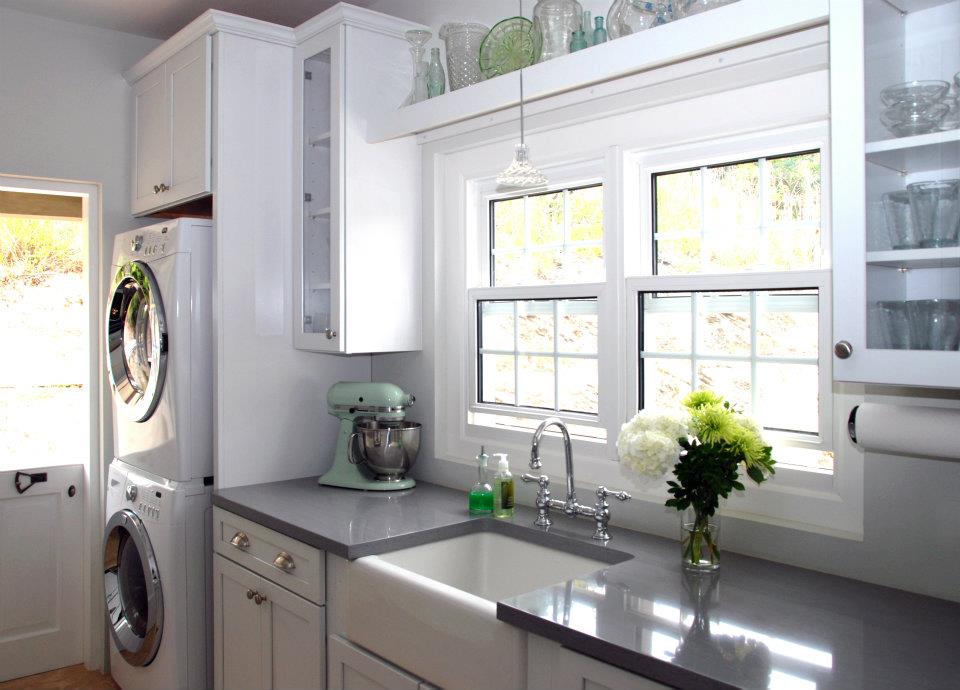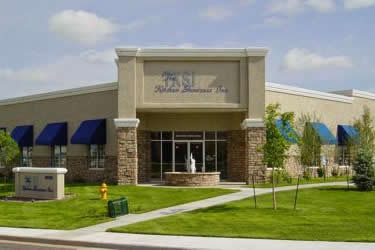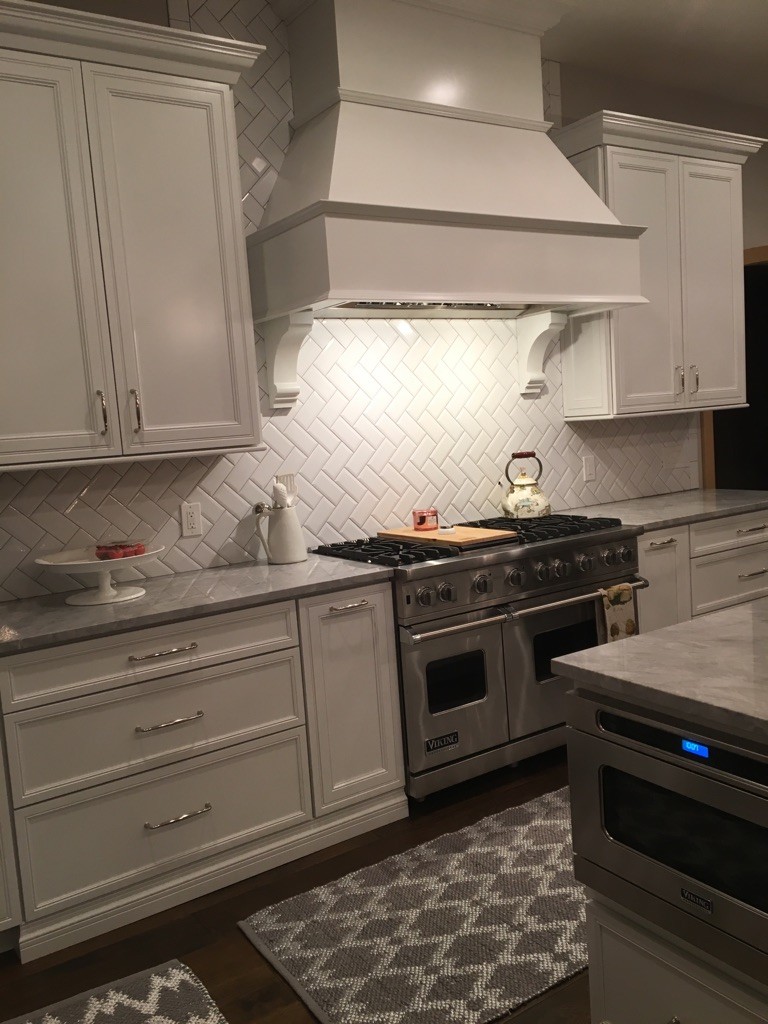The gray trend isn’t slowing down. It’s a beautiful neutral color, and it appears in a lot of materials naturally. In the kitchen, using natural stone countertops will give the grays an organic feel. Soapstone is a natural stone that is usually dark gray and is a beautiful alternative to granite countertops.
Soapstone countertops
We’re always talking about granite and quartz, but soapstone has been around for ages. Many historic homes will use soapstone countertops. The dark gray natural stone color of soapstone has allowed this material to transition to the modern kitchen, but still keeping the rustic qualities of a classic home.

Characteristics of soapstone
Soapstone has a smooth and silky surface, which makes it a great natural stone countertop material. As the soapstone ages, a beautiful patina will appear, giving it a bit more texture and character. It will give your modern kitchen a nod to antique and historic homes, while still maintaining it’s contemporary flair.
Color
The color of soapstone is a dark gray, and as it ages and settles, the color will become a bit darker. That is important to consider when you are designing your kitchen. If you are trying to match other gray tones to your soapstone countertops, be aware that the original color, when first installed, will turn a shade (or half a shade) darker over time.

Heat and scratches
Since it is natural stone, it is quite resistant to heat and to stains. However, the smooth surface can become scratched over time if you work directly on the soapstone countertop. The good news is that any scratch can be sanded, a bit like sanding and refinishing hardwood floors. Of course, just like hardwood floors, a few scratches and some wear and tear can add to the appeal of the countertop.
Visit our kitchen showroom in Denver to check out all our countertops.

























